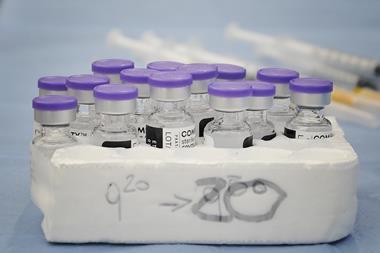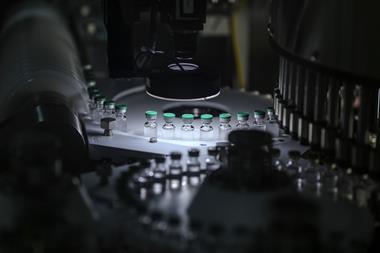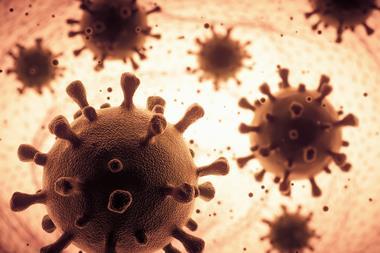The US is backing an effort to waive global intellectual property protections for Covid-19 vaccines, following an open letter from 175 former heads of state and Nobel laureates last month urging President Joe Biden to ease World Trade Organization (WTO) patent rules during the pandemic.
‘This is a global health crisis, and the extraordinary circumstances of the Covid-19 pandemic call for extraordinary measures,’ US trade representative Katherine Tai said on 5 May. ‘The administration believes strongly in intellectual property protections, but in service of ending this pandemic, supports the waiver of those protections for Covid-19 vaccines,’ she added, promising that America will participate in negotiations at the WTO to make this happen. She warned, however, that those talks will ‘take time given the consensus-based nature of the institution and the complexity of the issues involved’.
The following day, President Emmanuel Macron added his support, declaring: ‘I completely favour this opening up of the intellectual property,’ according to the Associated Press. But Macron went on to point out that companies in poorer countries will have difficulty producing Covid-19 vaccines even if patents are waived. The pharmaceutical and biotechnology industry expressed similar concerns.
‘In the midst of a deadly pandemic, the Biden administration has taken an unprecedented step that will undermine our global response to the pandemic and compromise safety,’ warned Stephen Ubl, the Pharmaceutical Research and Manufacturers of America’s president and chief executive. ‘This decision will sow confusion between public and private partners, further weaken already strained supply chains and foster the proliferation of counterfeit vaccines,’ he added, asserting that biopharmaceutical manufacturers are fully committed to providing global access to Covid-19 vaccines, and are collaborating at a previously unimaginable scale.
The US Biotechnology Innovation Organization (Bio) president and chief executive Michelle McMurry-Heath said her organisation is ‘extremely disappointed’ with the Biden administration’s decision. Bio strongly encourages the White House to prevent the expropriation of technology that has uses beyond Covid-19 vaccines and could be leveraged to compete against US companies in the future, to protect US businesses from the ‘coerced transfer of technology by foreign governments’ and to ensure that global supply chains for existing facilities aren’t impeded.
‘The United States has unfortunately chosen to set a dangerous precedent with these actions,’ McMurry-Heath stated. ‘But how we negotiate with the WTO moving forward will be critical in mitigating this myopic decision and its effects on patients around the world.’
There was similar apprehension from the pharma sector in Europe. Nathalie Moll, director general of the European Federation of Pharmaceutical Industries and Associations, said a waiver risks diverting raw materials and supplies away from well established, effective supply chains to less efficient manufacturing sites where productivity and quality may be an issue. ‘It opens the door to counterfeit vaccines entering the supply chain around the world,’ she said, noting that the European parliament voted against the waiver in late April and the European commission has remained consistent in its support for innovation as key to fighting the pandemic.
‘If approved by the WTO, the waiver would remove incentives for companies to continue research into new variants, new diagnostics, treatments and vaccines to tackle the coronavirus,’ Moll cautioned. ‘And at the same time, it would fail to increase the global capacity to manufacture Covid-19 vaccines.’
Under WTO rules, a consensus among member countries is required on the Covid-19 vaccine waiver issue, so just one member nation can stymie efforts to ease trade rules that protect technology.











2 readers' comments